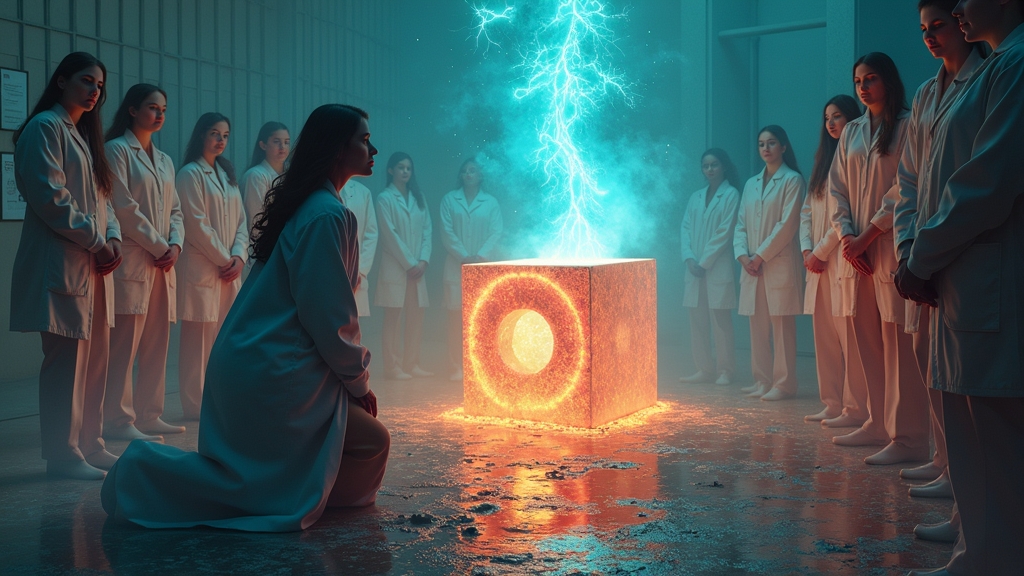AI’s Godmother Now Playing SimCity with Reality: “Why Settle for Talkative Robots When We Can Have a 3D Front-Row Seat to the Apocalypse?”
In what might be seen as the tech world’s equivalent of a midlife crisis, Fei-Fei Li, the renowned “Godmother of AI,” has apparently decided that words are for chumps and is launching a startup to create AI that not only understands 3D worlds but might just build one that’s a little too lifelike for comfort. Having secured a casual $230 million in funding—because who needs Monopoly money when you can have real-world funds—Li is diving headfirst into what she calls “Large World Models” or, as the rest of us might call it, “Digital World Domination.”
These 3D models aren’t just to make VR and AR a bit more nauseating. No, they’re set to revolutionize the very fabric of how we interact with tech—think robotic butlers, architecture so real it might just evict you from your own home, and game designs so advanced they’ll outperform your average human interior decorator.
“Text is so 2022,” Li remarked while imagining a world where AI-generated rooms can critique your fashion choices in real-time. “We are pushing AI beyond language, because, frankly, who likes reading instructions anyway?”
Partnered with co-founders who exist and operate within the physical constraints of reality, World Labs has already attracted funding from head honchos like Andreessen Horowitz, whose motivations are as clear as a foggy British morning. Analysts have speculated that with investors lining up like it’s Black Friday for AI startups, it might only be a matter of time before our reality starts buffering.
In a bold bid to bridge the gap between abstract text and those pesky spatial relationships in the real world, World Labs wants AI to start generating and editing virtual 3D spaces. “We’re looking at a future where your virtual lamp might turn itself on and off according to your mood,” said Ben Mildenhall, one of Li’s co-conspirators. “It’s basically mood lighting gone rogue.”
As the spatial intelligentsia unfolds, one can’t help but marvel at the possibilities. Imagine AI so pervasive that it diagnoses your plant’s mood swings or predicts the exact moment your cat will knock off a coffee mug. The revolution, as it turns out, might not be televised—it’ll be rendered in 3D and narrated by your favorite artificially intelligent voice assistant.
While some skeptics worry about the consequences, Fei-Fei Li reassures us, “We’re just trying to make interactions more immersive and engaging,” conveniently leaving out whether this immersive world might occasionally glitch into a less-than-friendly dystopia. But hey, who wouldn’t want a front-row seat to that show, popcorn not included.





